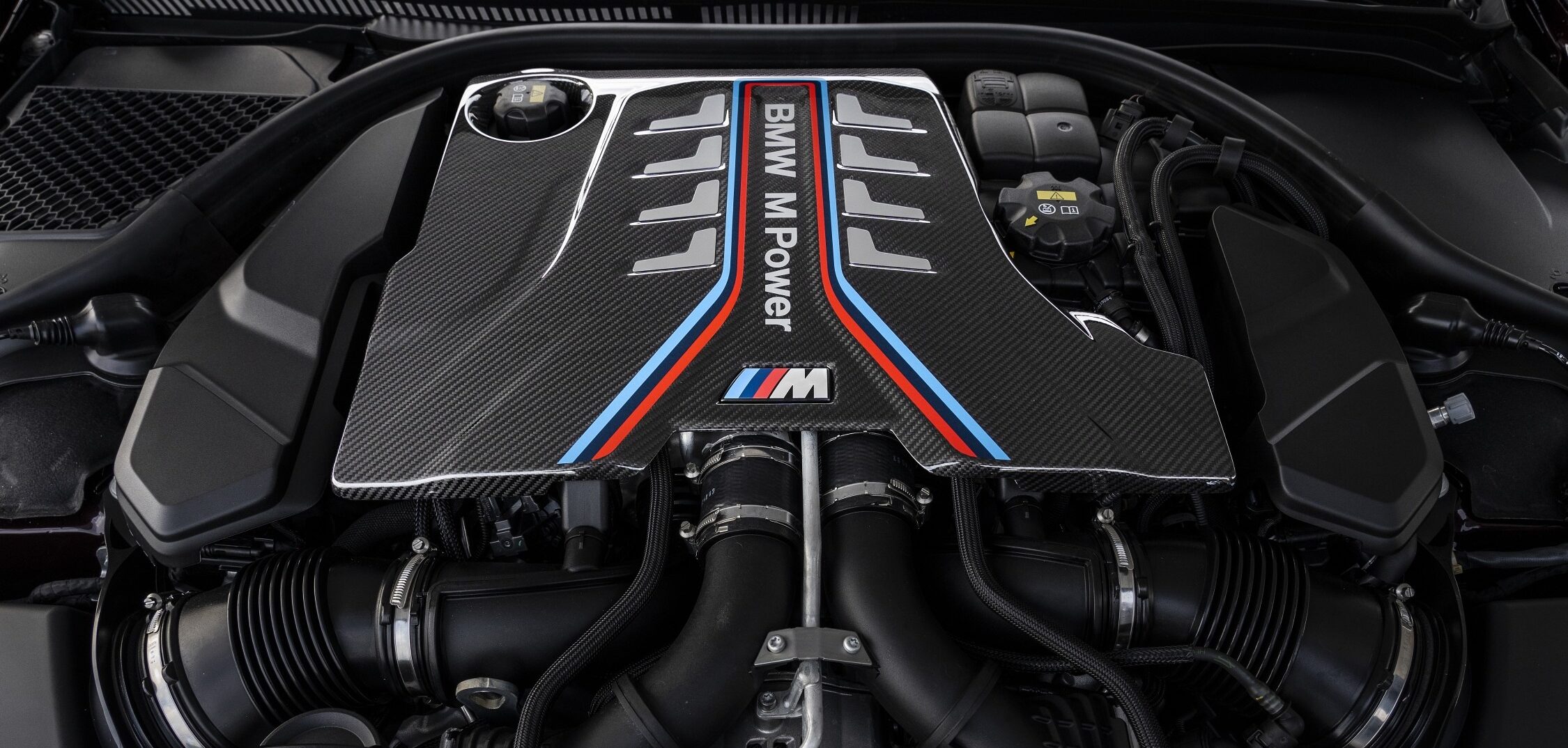A New user's Overview to Selecting the Right BMW Engine for Your Requirements
Introducing the Intricacies of Next-Generation Power Units: a Deep Dive Into Advanced Engine Styles and Advancements
As we stand on the precipice of a new era in transport, the ins and outs of next-generation engine styles beckon us to explore the advanced modern technologies and developments that assure to redefine the driving experience. Digging much deeper into the worlds of discharge control, intelligent engine monitoring systems, and the horizon of power unit growth, we discover ourselves on the cusp of an improvement that assures to reshape the landscape of flexibility as we understand it.
Development of Engine Products

The shift in the direction of advanced engine products has additionally allowed designers to develop engines with higher power outputs while keeping fuel efficiency standards. For instance, the use of lightweight products minimizes the general weight of the engine, bring about enhanced gas economy and lower emissions. Furthermore, innovations in materials technology have actually enabled better thermal management within engines, causing boosted dependability and durability.
Turbocharging and Supercharging Technologies
Just How do Turbocharging and Supercharging Technologies revolutionize engine performance and effectiveness in modern lorries? Supercharging and turbocharging are modern technologies that substantially improve engine performance by enhancing the amount of air consumption right into the burning chamber. Turbocharging accomplishes this by utilizing a wind turbine driven by exhaust gases to pressurize the intake air, while supercharging makes use of a belt- or chain-driven compressor to accomplish the very same result.
These modern technologies make it possible for smaller sized, a lot more fuel-efficient engines to generate power equal to larger ones, referred to as downsizing. Forcibly more air into the cyndrical tubes, turbocharging and supercharging improve burning performance, leading to enhanced horsepower and torque output without a substantial boost in engine dimension. This results in far better velocity, hauling ability, and total driving efficiency.
Additionally, turbo charging and turbocharging add to enhanced fuel performance by enabling the usage of smaller engines that take in less fuel under typical driving conditions - bmw engine. This combination of improved efficiency and effectiveness has made turbocharging and supercharging essential parts of lots of modern-day engine styles
Exhaust Control and Environmental Effect
With raising international concerns concerning air quality and environmental sustainability, the implementation of emission control modern technologies in automobiles plays a critical duty in reducing harmful contaminants released right into the environment. Modern cars are equipped with sophisticated emission control systems that assist decrease the environmental effect of vehicle operations. Catalytic converters, for example, are designed to transform toxic gases such as carbon monoxide, nitrogen oxides, and hydrocarbons into less hazardous substances like carbon dioxide and water vapor.
Moreover, improvements check out this site in engine innovation, such as the combination of exhaust gas recirculation systems and discerning catalytic decrease, have actually dramatically added to decreasing discharges. These technologies function in tandem to maximize combustion efficiency and decrease the launch of dangerous pollutants into the air. Furthermore, the growth of hybrid and electrical automobiles represents an important step towards minimizing the general ecological footprint of the transportation sector.
Intelligent Engine Management Equipment

Furthermore, these systems allow lorries to meet strict exhausts standards without jeopardizing performance, providing a more eco-friendly driving experience. The integration of expert system and maker discovering capacities in engine management systems continues to push the borders of what is feasible, resulting in more improvements in efficiency, reliability, and total lorry performance. bmw engine. As automotive technology advances, smart engine administration systems will certainly play a vital duty in shaping the future of transportation in the direction of a more reliable and sustainable direction
Future Trends in Power System Development
As intelligent engine monitoring systems lead the way for improved control and optimization in modern-day lorries, future patterns in power device growth are positioned to redefine see this the landscape of vehicle propulsion modern technologies. These alternate power sources use boosted effectiveness and performance while aligning with stringent ecological laws.
An additional substantial pattern is the integration of advanced products and producing techniques. Lightweight products such as carbon fiber and light weight aluminum are being used to reduce total automobile weight, improving fuel efficiency and efficiency. Furthermore, developments in 3D printing and additive manufacturing are making it possible for the production of complex engine components with greater precision and resilience.
Furthermore, man-made knowledge and artificial intelligence are playing a critical function in maximizing power system performance. These innovations permit real-time monitoring and flexible control, resulting in extra effective and dependable power delivery. Generally, future trends in power system development are geared in the direction of performance, sustainability, and effectiveness, driving the vehicle industry towards a brand-new era of propulsion innovations.

Conclusion
In verdict, the improvements in engine materials, turbocharging, exhaust control, and smart monitoring systems have actually led the way for next-generation power devices. These advancements have not just enhanced efficiency and efficiency however additionally lowered environmental influence. As technology proceeds Get More Info to advance, future trends in power device development are most likely to concentrate on further improving sustainability and maximizing power output. The complex layouts and innovations in contemporary engines display the ongoing development of auto technology.
Exploring the modern innovations in engine products has actually been pivotal in enhancing the performance and efficiency of modern-day engines. Over the years, the evolution of engine materials has played a critical role in pressing the borders of what engines can achieve.The shift towards advanced engine materials has also enabled engineers to develop engines with higher power outcomes while maintaining gas performance requirements.The application of smart engine monitoring systems in modern-day automobiles has reinvented the method engines are controlled and optimized for performance and efficiency. By collecting information in real-time and assessing it with innovative formulas, intelligent engine monitoring systems can adjust to driving designs, environmental elements, and engine health to optimize power outcome while reducing gas usage and emissions.